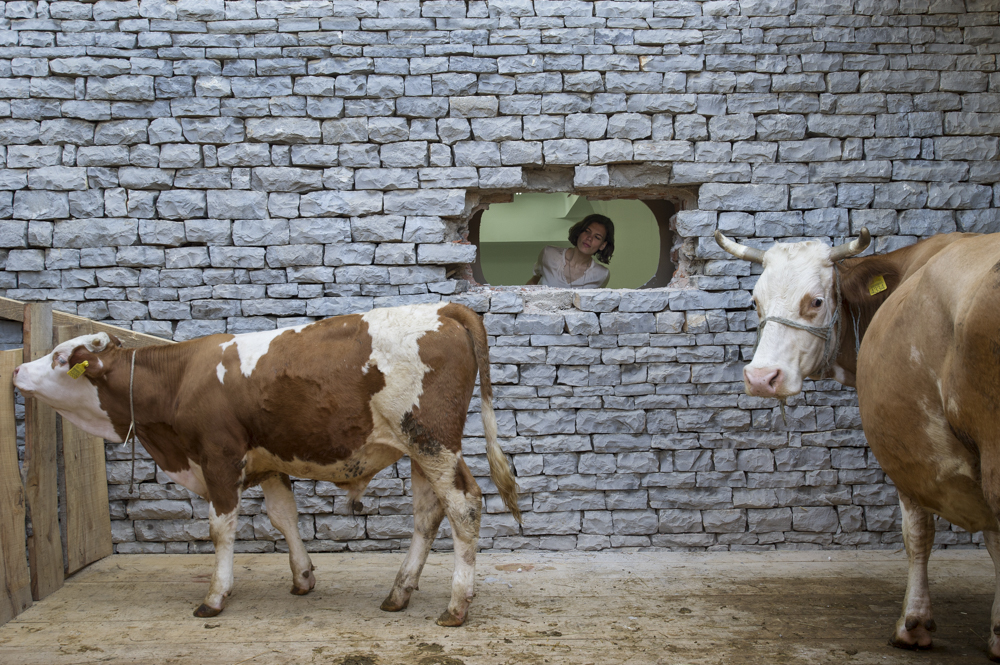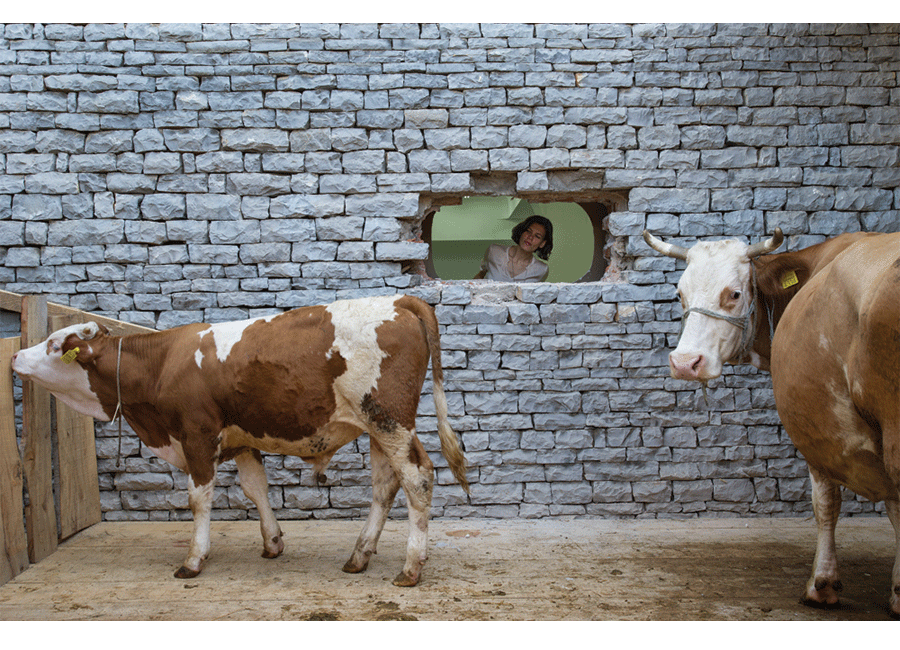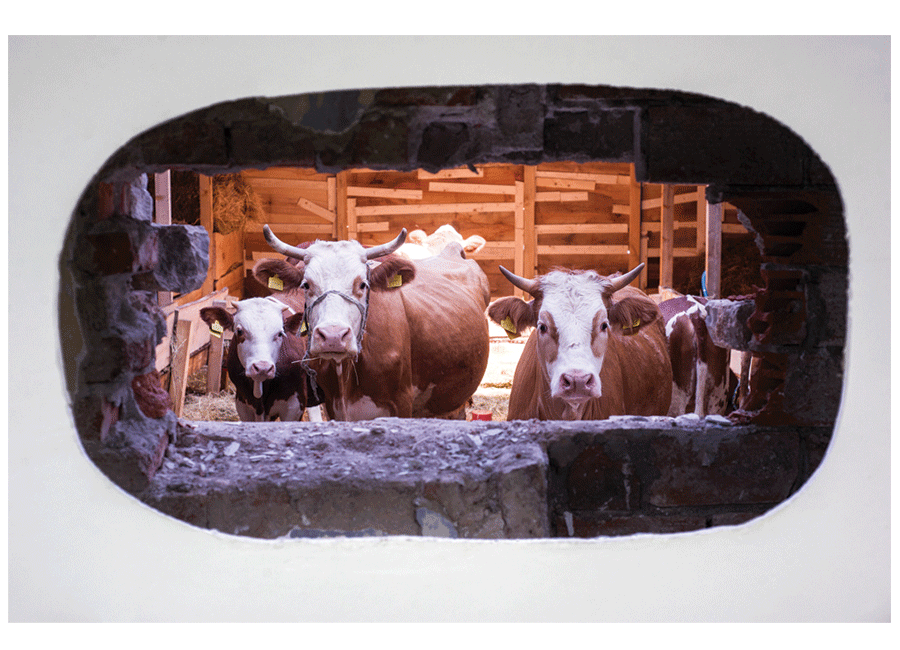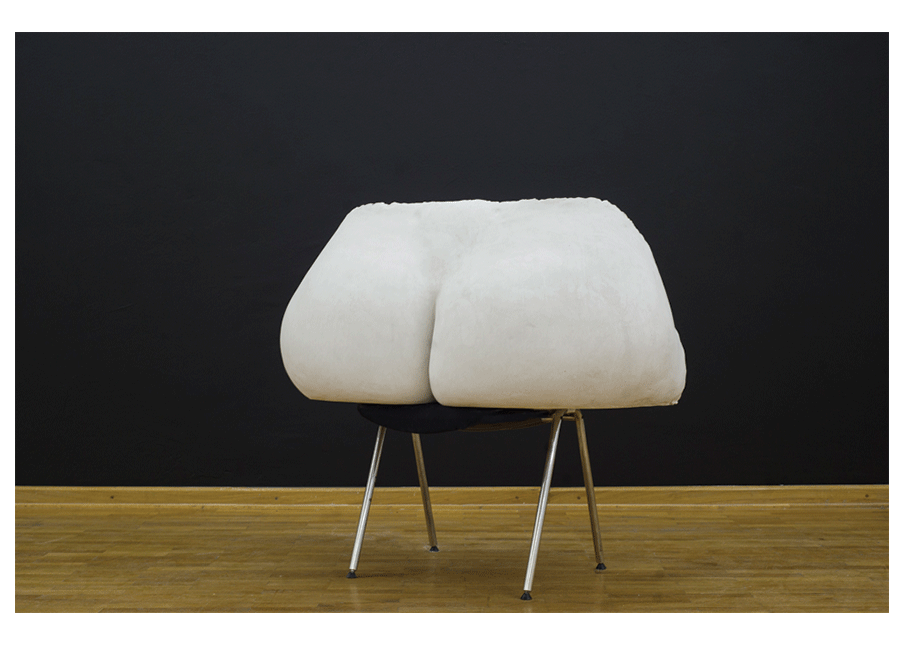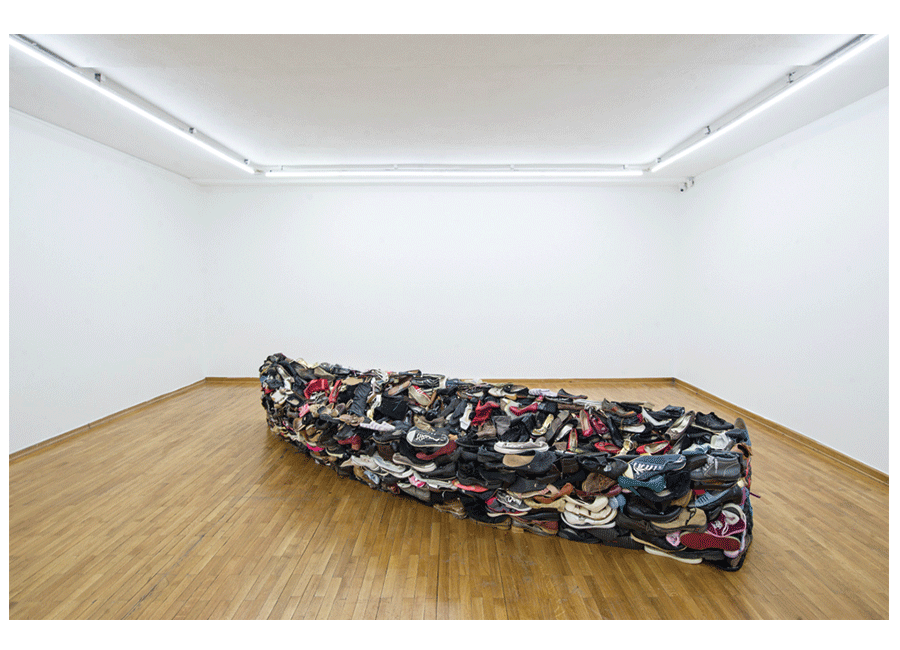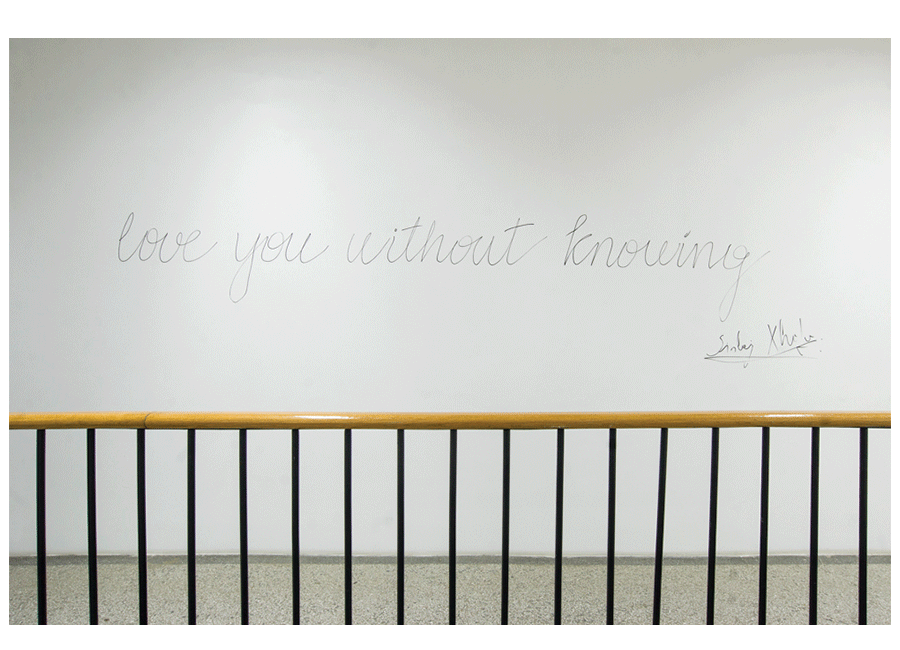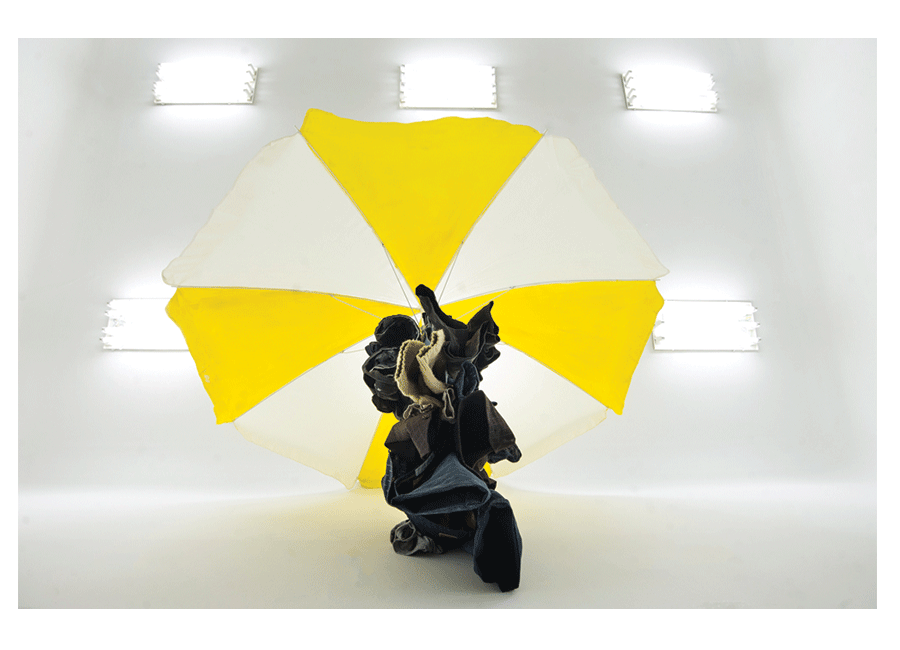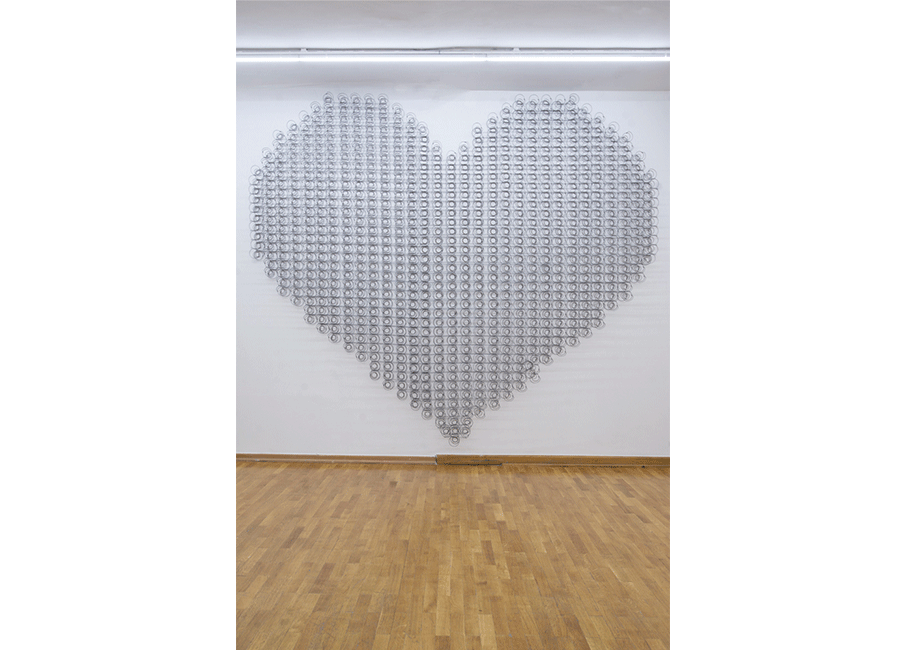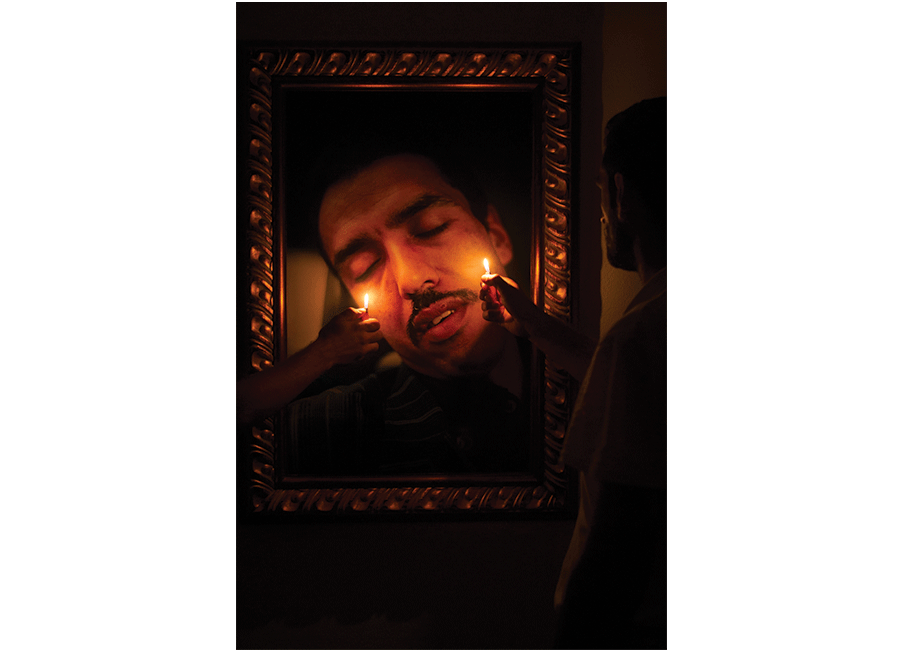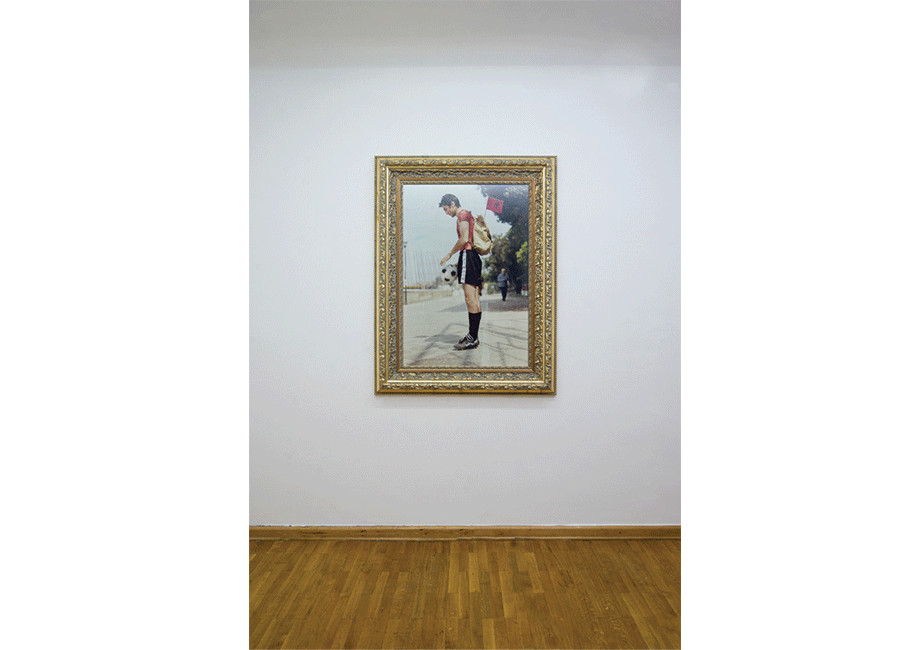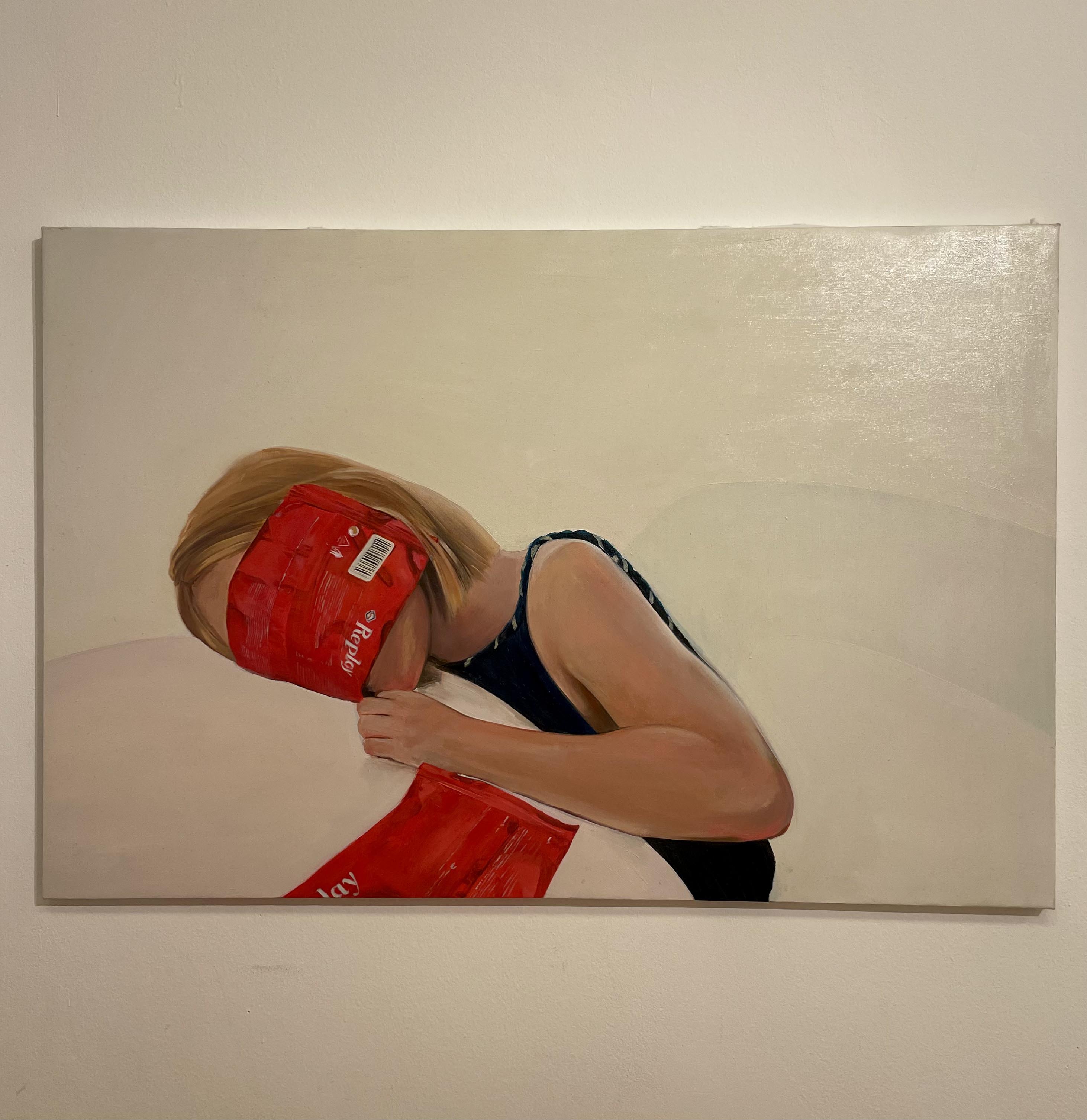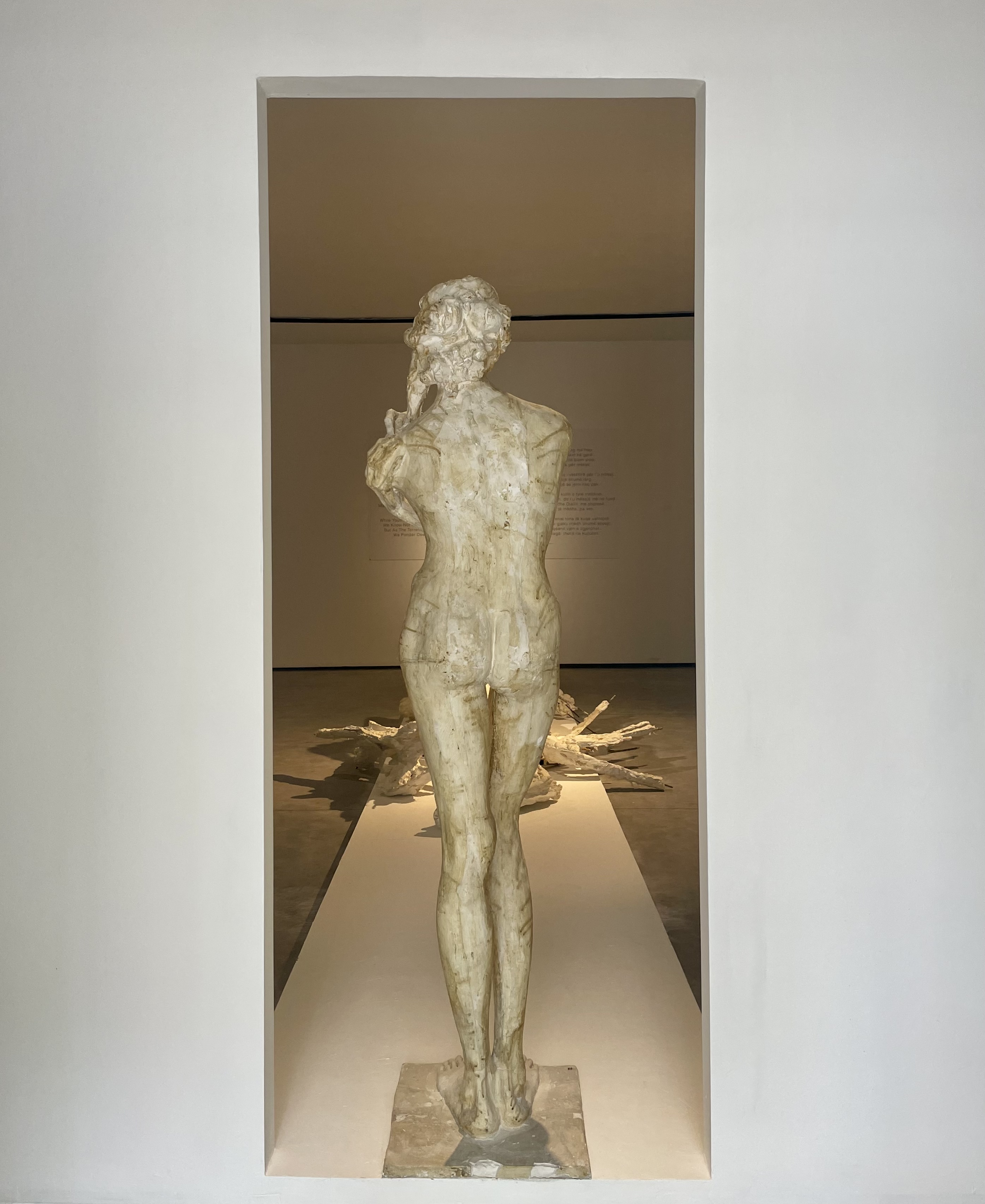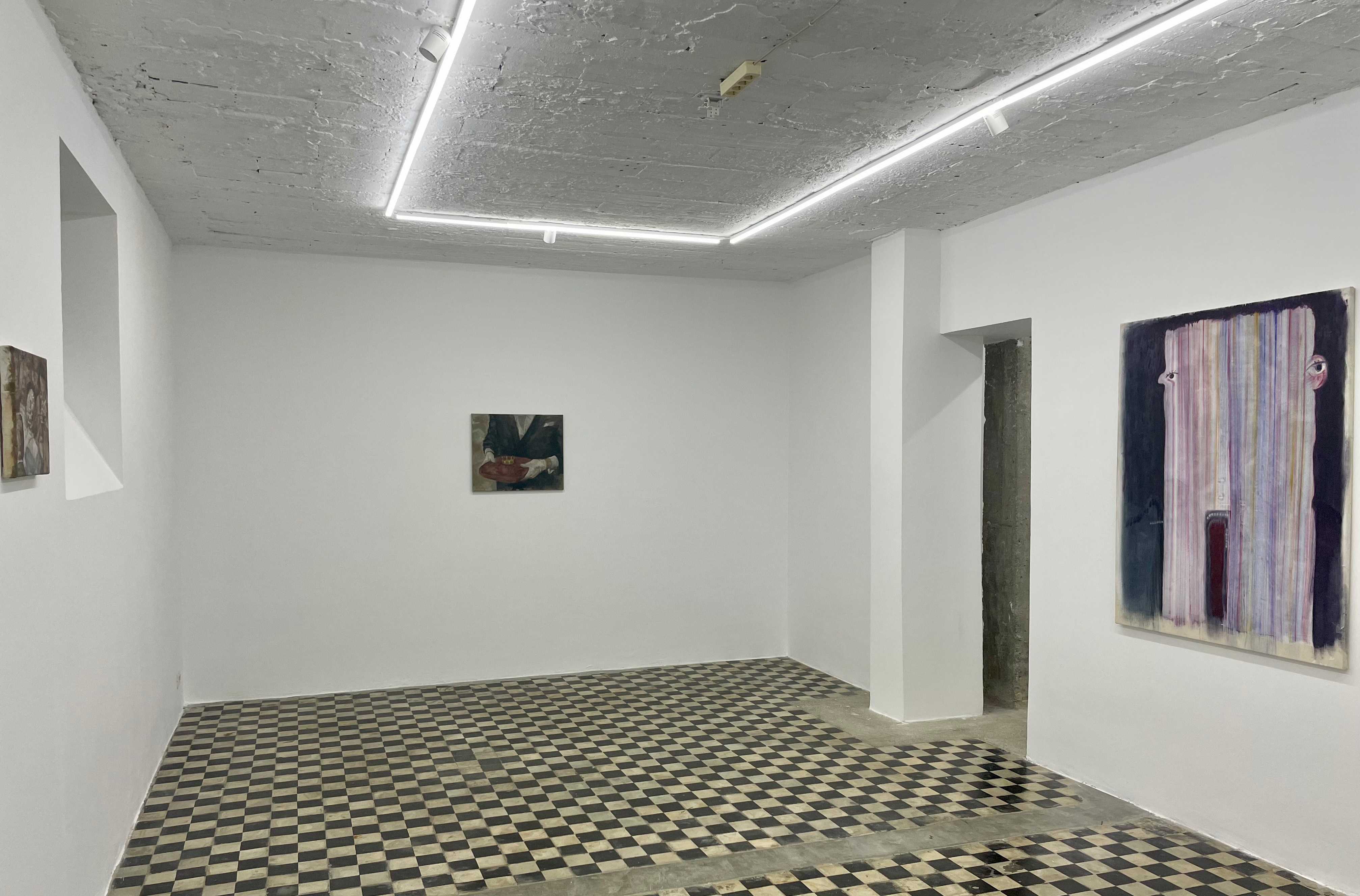SHORT BIO
Sislej Xhafa (b, in 1970) in Pejë, Kosova. Sislej Xhafa lives and works in New York. Xhafa has exhibited widely including at the Galleria Continua, France and Italy (2012, 2016); ZAC, Palermo (2017); MAXXI Museum, Rome (2016); BWA Sokol Contemporary Art Gallery, Nowy Sacz (2016); François Pinault Foundation, The World Belongs to You, Palazzo Grassi, Venice; Hardau City Park, Y, Zurich; MADRE Museum of Contemporary Art Donna Regina, Still Untitled, Napoli; The Power Plant Contemporary Art Gallery, Rearview Mirror, Toronto (2011); PRISM Misericordia, West Hollywood, California; MAXXI Spazio. Dalle collezioni di arte e architettura, Roma; Il Museo Privato. La passione per l’arte contemporanea nelle collezioni bergamasche, GAMeC, Bergamo; Röda Sten, 2705 Baci…, Göteborg (2010), MART Rovereto Museo di Arte Moderna e Contemporanea di Trento e Rovereto, Language and Experimentations; PAC Padiglione d’Arte Contemporanea, Ibrido. Genetica delle forme, Milano; DEPO, Indefinite Destinations, Istanbul; MADRE Museum of Contemporary Art Donna Regina, Barock, Napoli (2009); Havana Biennial, Havana, Cuba; Modern Art Oxford Transmission Interrupted; Biennale of Gwangju, Gwangju, Korea; MOCAD Museum of Contemporary Art of Detroit, Business As Usual; Schirn Kunsthalle, All-Inclusive. A Tourist World, Frankfurt (2008); Istanbul Museum Of Modern Art Time Present, Time Past, Istanbul; Göteborg International Biennial for Contemporary Art Rethinking Dissent, Göteborg, Sweden; Mori Art Museum, All About Laughter Humor in Contemporary art, Tokyo (2007); PERFORMA05, performance biennial, New York (2005); I Bienal de Arte Contemporáneo de Sevilla, Fundación BIACS, La alegria de mis sueños, Monasterio la Cartuja de Santa María de las Cuervas, Sevilla; The Renaissance Society, New Video, New Europe, Chicago; Museum of Contemporary Art, St.Louis; Tate Modern, London; Stedelijk Museum, Amsterdam, North Dakota Museum of Art, Grand Forks; Fundació ‘la Caixa’ la Sala Montcada, Barcelona; Haifa Museum of Art, Israel (2004), Palais de Tokyo, Paris (2003), Gwangju Biennial, Pause, Gwangju, (2002); Istanbul Biennial, Egofugal, Istanbul; S.M.A.K., Casino, Gent; PS1, Uniform, New York (2001); Manifesta III, Ljubljana, Slovenia, S.M.A.K., Over the Edges, Gent (2000); Fondazione Olivetti, Rome (2000) and the Venice Biennale (1997,1999, 2005, 2013, 2017).
STATEMENT
He is known for his artistic investigation into the social, economical and political realities associated with the various complexities of modern society. Xhafa has over the years highlighted his artistic work on economic and social themes, political realities, as they interact with the protean variety of modern society. His investigations, for example, into phenomena of tourism or forced illegality use a minimal language and they are at the same time ironic and subversive, practicing indifferently a wide range of media, from sculpture to drawing, from performance to photography.
“Reality is stronger than art. As an artist I do not want to reflect a reality, but I do want to question it. My social upbringing does not embrace, rational linear actions. I approach the world and life with primal instinctive behaviour.” Interview of Gilane Tawadros with Sislej Xhafa, catalogue of the exhibition Transmission Interrupted, Modern Art Oxford, 2009.
The social results of economic theories, and on the whole the conceptual outcome that derives from their complex relations, have been for years at the heart of Sislej Xhafa’s artistic research, that questions the legal status of his country of origin, Kosova, presenting himself as the Clandestine Pavilion at the Venice Biennale; or in the shoes of a broker who does not sell shares but buys and sells the departures and arrivals of trains in the performance “Stock Exchange”. In a square in Torino, he sets up a temporary job center which in reality is a sort of stage set; in Rome, in front of the Colosseum, the artist builds an eight-meter high fountain in bronze, made out of hands put one on another, and “sweating” – the work and hope liquefied.
“It’s a politics of interruption, upsetting the configuration of forces determining what is visible and what is not, what forms of speech are understood as discourse and which are only perceptible as noise, who is designated as a speaking subject and who is merely spoken to. Jacob Proctor Playing Prisoner’s Dilemma” – Inside the world of Sislej Xhafa in «Bidoun», issue 11, Summer 2007.
-[…] What are the unbuilt roads of Sislej Xhafa, what are the utopias?
-My utopia is love. Because love has no time and no space, and maybe that’s an unrealized project. Sislej Xhafa interviewed by Hans-Ulrich Obrist, Sislej Xhafa. Benvenuto !, Ex. cat. Quodlibet.
contact: sislej@gmail.com
Courtesy of GALLERIA CONTINUA, San Gimignano / Beijing / Les Moulins / Habana
